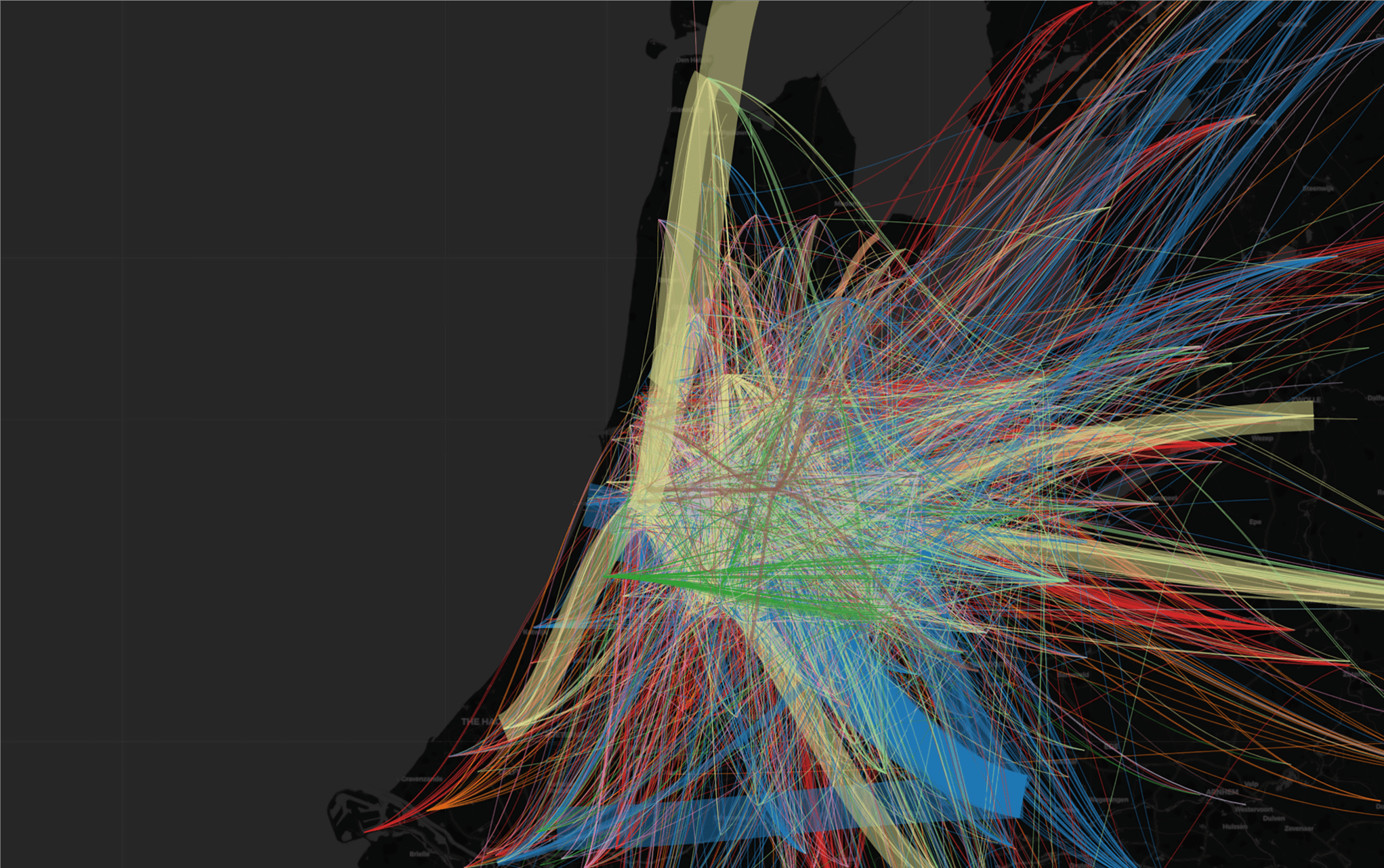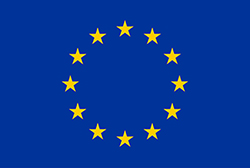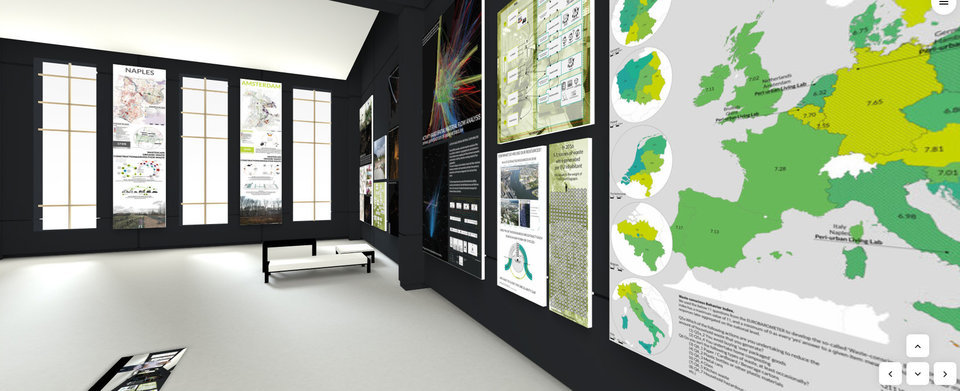REPAiR
Resource Management in Peri-urban Areas: Going Beyond Urban Metabolism
REPAiR is intended to provide local and regional authorities with an innovative, transdisciplinary open-source geodesign decision support environment (GDSE) as a tool for enhancing waste and resource management. This GDSE will be developed and implemented in living labs in six metropolitan areas in Europe: Amsterdam, Naples, Hamburg Ghent, Pecs and Lodz.

This GDSE makes it possible to create integrated, place-based eco-innovative spatial development strategies aimed at a quantitative reduction of waste flows in the strategic interface of peri-urban areas. These strategies promote the use of waste as a resource. This supports the ongoing initiatives of the European Commission towards establishing a strong circular economy.
To achieve this, REPAiR is developing the first geodesign software that includes waste and resource flows. Using, among other things, an activity-based material flow analysis, this GDSE helps to define so-called ‘enabling contexts’. ‘Enabling contexts’ are locations or subsystems within the area of interest that are specifically suitable for developing and implementing eco-innovative solutions.
REPAiR integrates models and methods from, among other things, the environmental sciences, geographic sciences and economic sciences, with design and spatial planning methods, both on a software and process level. The integrated models and methods enable local and regional stakeholders to use the geodesign decision support environment (GDSE) within a workshop setting. This makes it possible to develop fast and reliable alternatives for spatial sustainable development strategies.
Facts
 | This project has received funding from the European Union’s Horizon 2020 research and innovation programme under grant agreement No. 688920. |
| Funder | Programme | EU | Horizon 2020 research and innovation programme, SOCIETAL CHALLENGES topic Waste-6b-2015 Eco-innovative Strategies |
| Grant amount: | € 5.089.636 Contribution to TU Delft: € 1.200.000 |
Role: | Lead partner |
| Duration: | September 2016 - September 2020 |
TU Delft researchers: | Prof.dr.ir. Arjan van Timmeren (PI) DI Alexander Wandl, MSc (Scientific Coordinator) Dr. Marcin Dabrowski Bob Geldermans MSc Hilde Remøy, PhD MSc Erwin Heurkens, PhD Rusnė Šilerytė, MSc Cecilia Furlan, PhD Yan Song, MSc Dr. Libera Amenta |
Project partners
Delft University of Technology (TUD), NL [Lead]
Ghent University (UG), BE
DiARC UNINA - University of Naples Federico II (UNINA), I
HafenCity Universität Hamburg (HCU), D
Institute for Regional Studies, CERS of HAS, MTA KRTK ( RKI), H
Institute of Geography and Spatial Organization Polish Academy of Sciences (IGiPZ), PL
Joint Research Centre (JRC), E
Geo-Col GIS and Collaborative Planning (Geo-Col), NL
Delta Development Group (DELTA), NL
BIOKOM Nonprofit Ltd (BIOKOM), H
Gertz Gutsche Rümenapp Stadtentwicklung und Mobilität (GGR), D
OVAM - Public Waste Agency of Flanders (OVAM), BE
Municipality of Haarlemmermeer (GHM), NL
Campania Regional Authority (CRA), I
Pheno horizon (PHH), PL
Bauer Umwelt GmbH (BMU), D/I
IVAGO (IVAGO), BE
Stadtreinigung Hamburg (SRH), D

